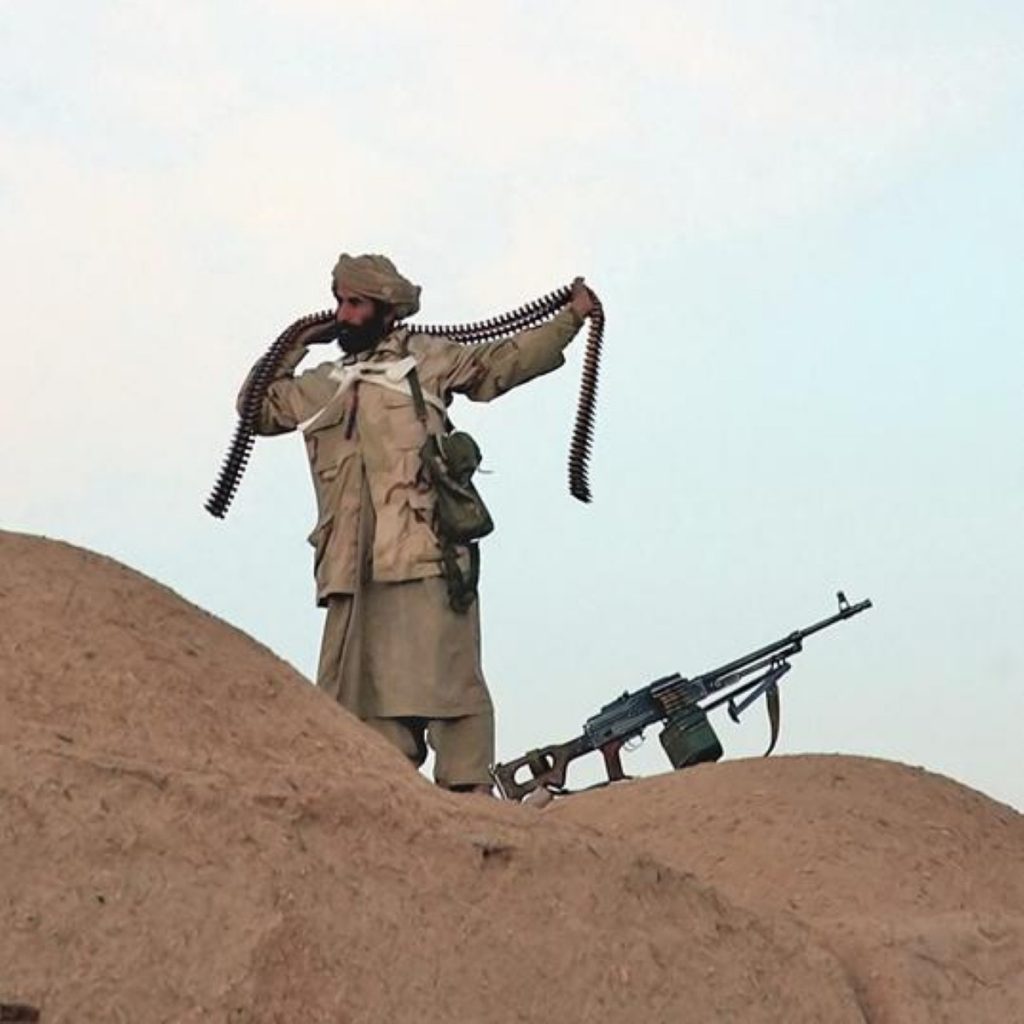Counter-terror cuts prompt fierce backlash
By Alex Stevenson and Ian Dunt.
The Conservatives and Liberal Democrats have demanded the government explains why counter-terrorism resources for Pakistan are being cut.
Foreign Office minister Glenys Kinnock admitted to the Lords yesterday that a “vigorous efficiencies programme” had not failed to prevent “staff redundancies, cuts to travel and training, and reduced programme funding including our work on counterterrorism and climate change”.
“We have had staff redundancies in Argentina, Japan and across the United States,” Baroness Kinnock told peers yesterday.


“Counternarcotics programmes in Afghanistan, capacity building to help conflict prevention in Africa, and counterterrorism and counter-radicalisation in Pakistan have all been cut; the list goes on.”
The Foreign Office department has suffered successive cuts under the Labour government. Two years ago the Treasury broke the Foreign Office budget’s link with exchange rates – meaning while the money in sterling has remained the same the pound’s decline overseas has resulted in effective cuts.
Baroness Kinnock’s comments came hours after the prime minister told the Commons that the government still viewed Afghanistan and Pakistan as the main “crucible of terrorism” in the world.
Shadow Foreign Office minister David Liddington secured an urgent question on the matter from Speaker John Bercow, leading to a debate this morning in which Foreign Office minister Chris Bryant faced brutal criticism over the revelation.
Mr Bryant insisted to the Commons that his department’s spending on counter-terrorism was actually increasing.
It stood at £35 million in 2008/09 and £36.9 million in 2009/10, he told MPs.
But David Liddington, shadow foreign affairs minister, suggested the combination of Mr Brown’s statements and those of Baroness Kinnock’s yesterday revealed the government was “indifferent to the point of negligence” when it came to counter-terrorism.
“There has not been at any point any attempt to obfuscate or hide from the public the decisions we face,” Mr Bryant replied.
“He can huff and puff as much as he wants on this issue.”
The prime minister’s spokesman insisted counter-terrorism remained at the forefront of the government’s concerns this morning.
But Liberal Democrat foreign affairs spokesman Ed Davey rubbished that notion during the emergency Commons debate today.
“If beating terrorism is really this government’s first priority then they are too shambolic to succeed at this task,” he said.
Forced into answering questions again today in the Lords, Baroness Kinnock tried to limit the effects of her comments yesterday.
“The prime minister is entirely right when he said our efforts in Pakistan and Afghanistan are an essential part of our counter strategy,” she said.
“A small number of particular projects have been cut or scaled back.
“We deal in the Foreign Office with 120 different currencies and that has had a very difficult effect to manage on our work,” she explained.
“The British Foreign Office continues to have the great respect of the world for all the hard work we do.”
A Foreign Office spokesperson pointed out that UK is the second largest aid donor to Pakistan, with aid for the 2009-13 period standing at £665 million.
“Pakistan has remained our top priority for counter-terrorism and has rightly been the largest single recipient of our counter-terrorism support throughout this period,” the spokesperson said.
“We are constantly reviewing the precise allocation of our counter-terrorism spending to ensure that programmes are most likely to reduce the threat of terrorism and radicalisation.”
The precise extent of this process was revealed in a leak to the Evening Standard.
An email purportedly from the Foreign Office’s permanent under-secretary Peter Ricketts called on staff to “work up contingency plans for substantial cuts which could be implemented soon after the election if the new government decides not to allocate additional funds to the FCO”, according to the newspaper.









